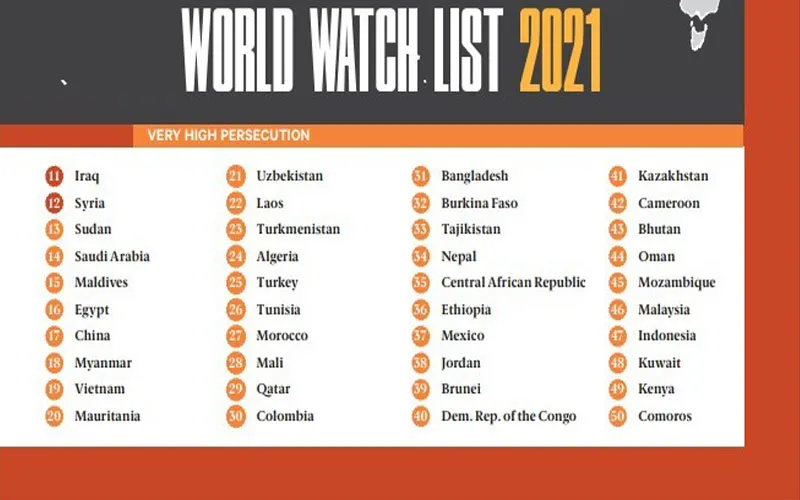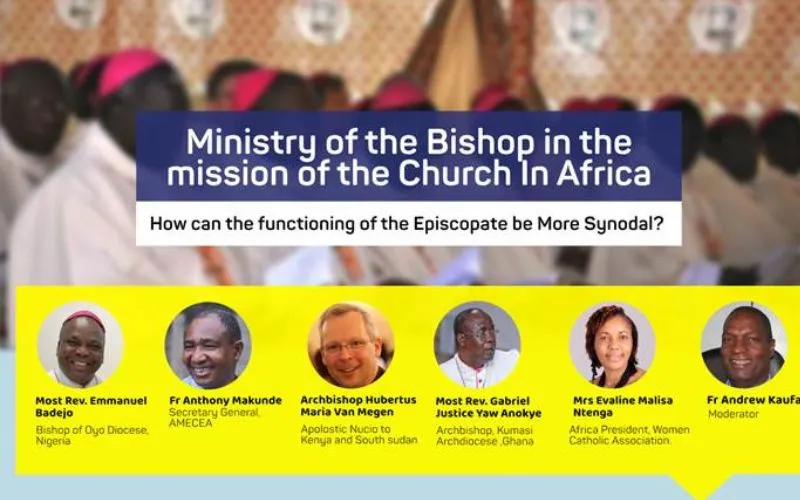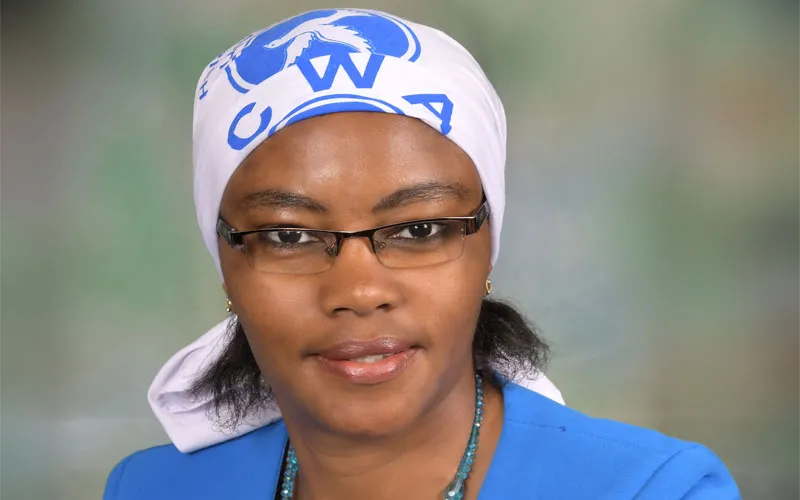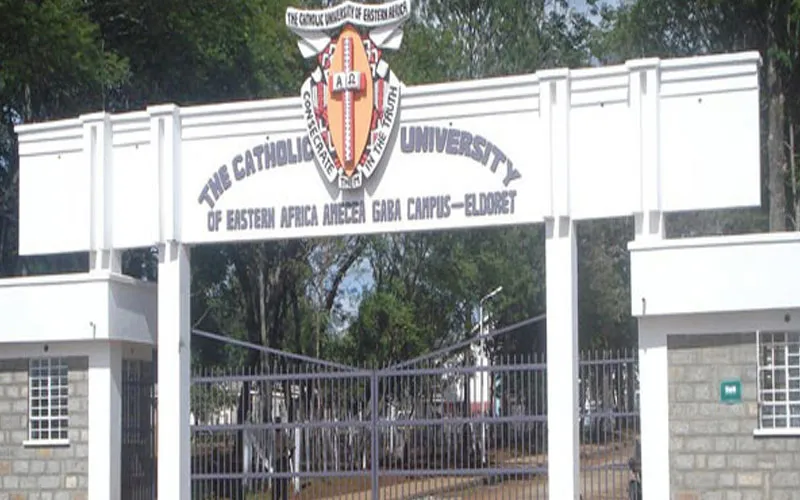“After he began following Christ, he was caught at a secret worship service and arrested. He spent more than a decade in three different prisons—all part of Eritrea’s notorious prison system,” the leadership of Open Doors says.
In confinement, Shiden was tortured through exposure to severe temperatures, lack of good sanitation, and frequent taunting by people who persuaded him to renounce his faith in order to end his suffering.
Shiden refused to renounce his faith and for that, “he endured regular, extended solitary confinement in a space like a coffin,” atrocities characteristic of the authoritarian regime of President Isaias Afewerki.
The report that ranks the severity of Christian persecution indicates that Shiden was once “briefly ‘released’ into military service, but when spies found a few sections of the Bible on him, he was sent back to solitary confinement for another three months.”
He was later released for no apparent reason and while his family was happy to have him back, the joy was short lived as they soon realized “all was not well” with their kin who after “all the physical and emotional torture, was a broken man.”
(Story continues below)
Among Shiden’s struggles post-confinement was that he had “missed out on so much: education, career, marriage and fatherhood,” concerns that made his brother “John” and mother afraid that he was a danger to himself.
“God’s grace is limitless,” John has been quoted as saying in the January 21 report adding, “Although it has not been easy for him, Shiden has come so far. And these days, he often encourages me by reminding me of the story about the fathers of faith in Hebrews 11.”
He continues referencing the Letter to the Hebrews, “He (Shiden) says, ‘I will serve the Lord until I die; I want to be a hero of the faith, too, and one day in the future claim the crown of righteousness.’”

At position nine on the 68-page World Watch List, the West African nation of Nigeria is among the top ten countries where being a Christians “costs the most.”
In the President Muhammadu Buhari-led country, “More Christians are murdered for their faith than in any other country,” officials of the 65-year-old organization say and note that Islamic oppression is the main cause of persecution in Nigeria.
“Violent attacks from Islamic extremist groups (Boko Haram, Hausa Fulani Muslim militant herdsmen, ISIS affiliate ISWAP) are common in the north and Middle Belt of Nigeria—and they’re becoming more common farther south,” officials of the US-based entity say.
They add, “Militants often murder Christians or destroy their property and means of livelihood. Men and boys are particularly vulnerable to being killed. The women and children they leave behind are often displaced to informal camps, face sexual violence, and are even at risk of abduction and forced marriage.”
Nigeria has borne the brunt of armed militants who have been orchestrating murders and kidnappings that have seemed to target Christians including Clerics, Seminarians and the Lay faithful.
A March 2020 report by the International Society for Civil Liberties and Rule of Law (Intersociety) indicated that since 2015, “not less than 10,475 Christians were hacked to death” in Nigeria by non-state actor Jihadists-Boko Haram, Fulani Militia and highway bandits.
Among the victims, include Christian Association of Nigeria (CAN) officials, Pastor Lawan Andimi and Pastor Denis Bagaur who were killed by Islamist jihadists on 20 January 2020.
Towards the end of the same month, kidnappers killed 18-year-old Nigerian Seminarian, Michael Nnadi, a first year Philosophy student at Good Shepherd Major Seminary, who had been abducted alongside three other Seminarians who later regained their freedom.
Against the backdrop of the insecurity in the country, Catholic Bishops resolved to have all Catholics demonstrate their solidarity with the victims of kidnappings and murder by organizing a Prayer Protest while wearing black at the start of the Lenten Season February 26.
On 1 June the same year, Pastor Emmanuel Saba Bileya of the Christian Reformed Church of Nigeria (CRC-N) and his pregnant wife, Julianna were shot dead on their farm in Northeastern Nigeria, an act that Hausa Christians Foundation said was part of a “systematic, direct war against Christianity in Nigeria.”
Since 2019, at least 15 Catholic Priests and one Bishop have been kidnapped in Nigeria.
The latest victim is the late Fr. John Gbakaan of the country’s Minna Diocese who was found dead on January 18 after he was kidnapped with his younger brother on January 15.
Other African countries in the 2021 World Watch List report include Sudan (13) which abolished 30 years of Islamic law in September 2020, and Egypt (16) where Open Doors officials say kidnappings and forced marriages of Christian women and girls to their Muslim abductors “has reached record levels.”
Others include Mauritania (20), Algeria (24) where most of the Christians are Muslim converts, Tunisia (26), Morocco (27), Mali (28), and Burkina Faso (32) whose longtime reputation for religious tolerance is increasingly at risk according to the leadership of the California-based organization.
In the landlocked West African country of Burkina Faso, Fr. Rodrigue Sanon of the Diocese of Banfora was found dead on January 21, two days after he went missing on January 19. His car was found abandoned on the road, raising fears of kidnapping by armed groups operating in the region.
Open Doors has also listed the Central African Republic (CAR) (35), Ethiopia (36) where Christians were reportedly discriminated against when government’s COVID-19 aid was distributed, Democratic Republic of Congo (40), Cameroon (42), Mozambique (45), Kenya (49) and Comoros (50).
According to the January 21 report, it’s the first time for Mozambique to be listed, with Christians in Cabo Delgado region, which falls within the jurisdiction of the Catholic Diocese of Pemba being “forced to flee their homes” as Islamic extremists loot and destroy Christian places of worship, schools and businesses.
“You might think the World Watch List is all about oppression. And, to some extent, it is. But the World Watch List is really all about resilience,” Open Doors CEO and Chairman David Curry says in the January 21 report.
He adds, “The numbers of God’s people who are suffering should mean the Church is dying—that Christians are keeping quiet, losing their faith and turning away from one another, but that’s not what’s happening. Instead, in living color, we see the words of God recorded in the prophet Isaiah: ‘I will make a way in the wilderness and rivers in the desert.’”










